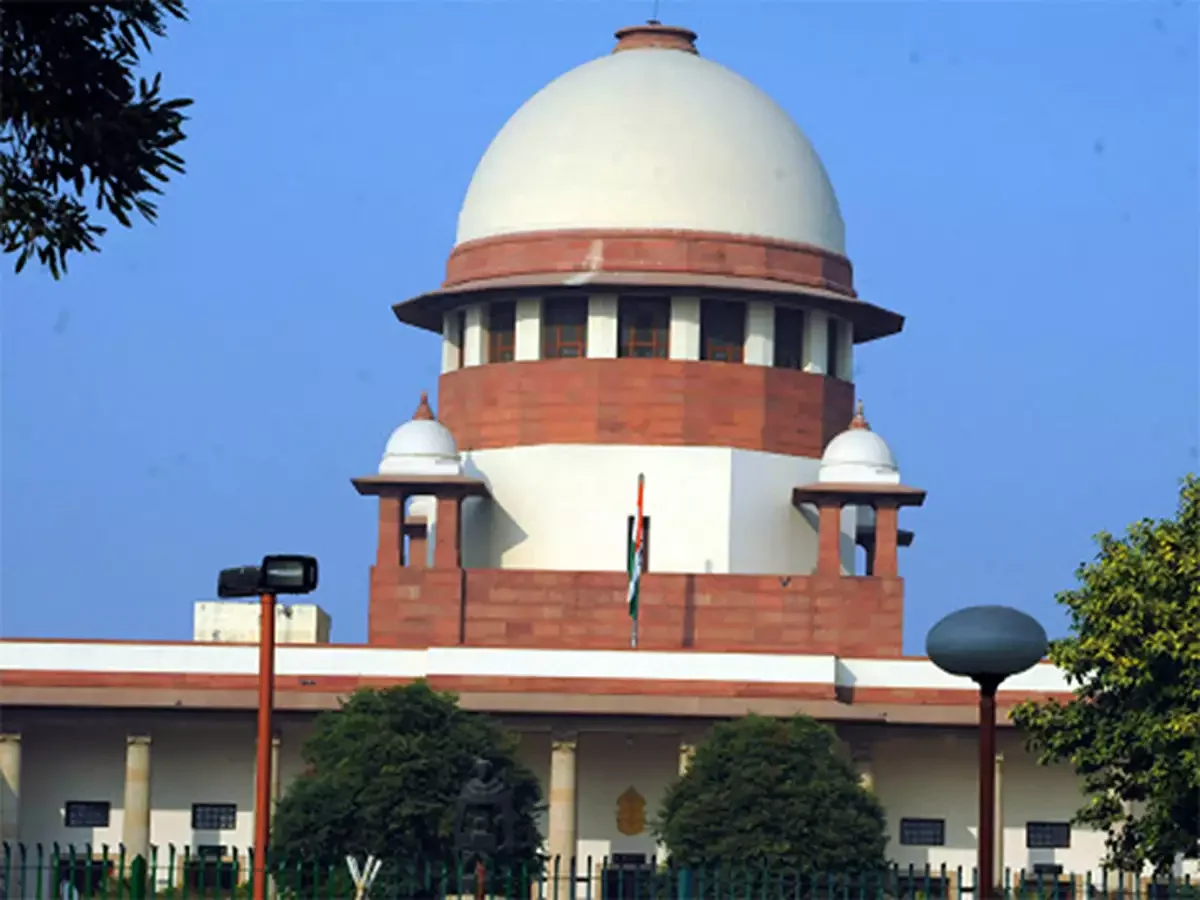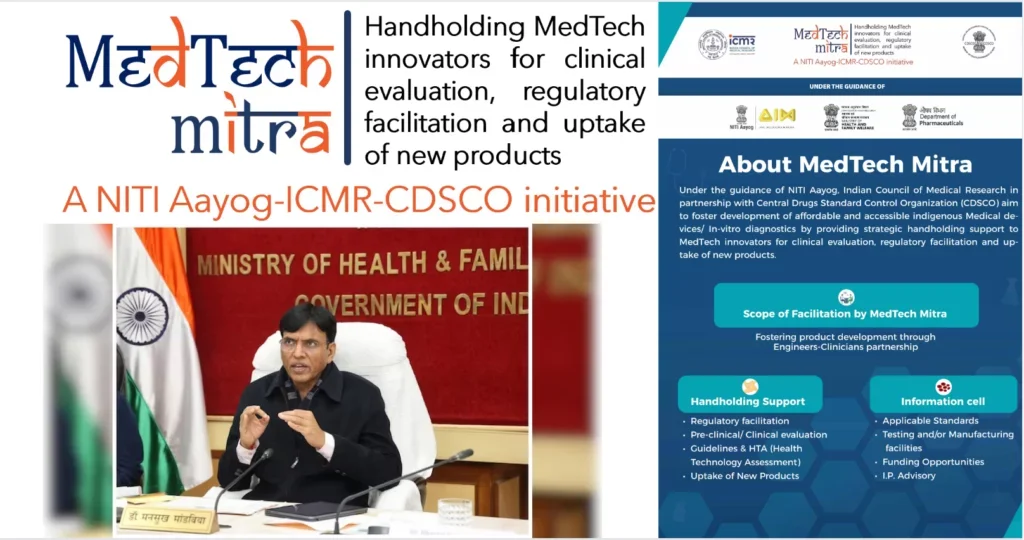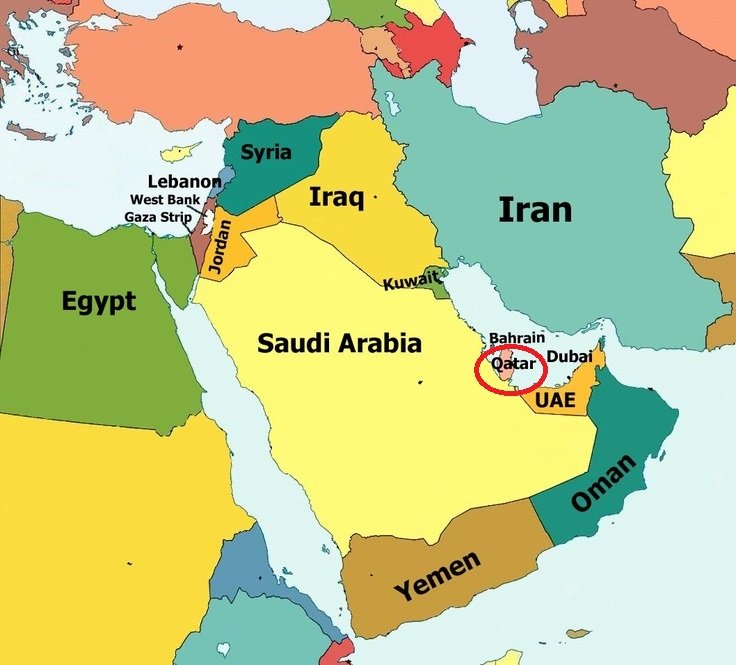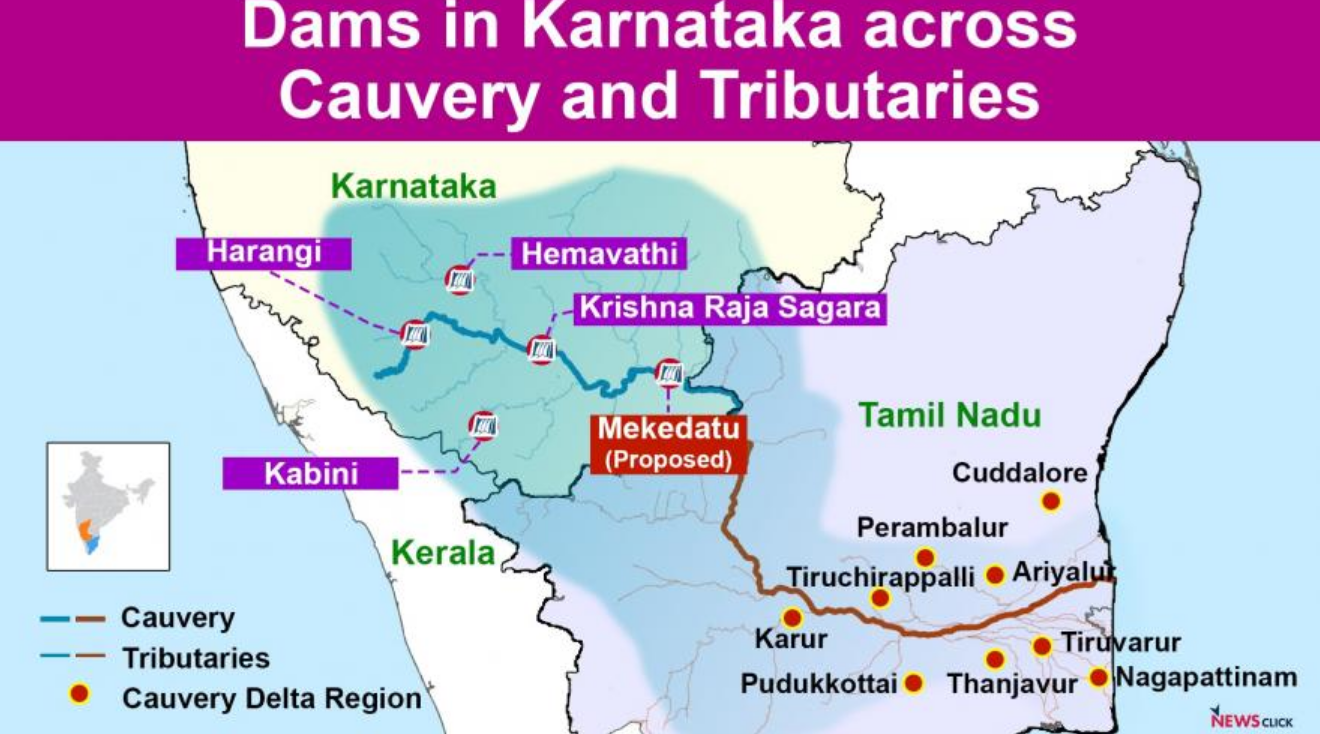
Ban on Hookahs in Karnataka
Subscribers of "Current Affairs" course can Download Daily Current Affairs in PDF/DOC
Subscribe to Never Miss an Important Update! Assured Discounts on New Products!
Must Join PMF IAS Telegram Channel & PMF IAS History Telegram Channel
- Context (IE): On February 7, the Karnataka health department issued a notification banning the sale and consumption of hookahs to safeguard public health.
- Consequently, several restaurant owners approached the Karnataka High Court to challenge this notification.
- However, on February 20, the Karnataka government introduced a bill to ban the opening of hookah bars in any location.
- The bill amended the Cigarettes and Other Tobacco Products Act (COTPA) of 2003 to penalise individuals opening hookah bars in the state with,
- It included imprisonment ranging from 1 to 3 years. A fine of up to 1 lakh rupees.
- Notably, Maharashtra, Rajasthan & Tamil Nadu have passed such amendments in the past.
Arguments by the Petitioners
- Firstly, the notification is considered illegal interference because it goes beyond the prohibitions stated in the COTPA.
- According to the petition, the COTPA bans public smoking, advertisement of tobacco products, and sale to minors but does not prohibit hookah smoking.
- As per Section 4 of the COTPA, hookah smoking is allowed in designated smoking areas, making the notification’s restrictions beyond the scope of the law.
- Secondly, the petition argues that the Karnataka health department does not have the authority to issue the notification under the COTPA.
- Thirdly, the notification infringes upon the rights of business owners as guaranteed by Article 19(1)(g) of the Constitution.
- Article 19(1)(g) grants citizens the right to practise any profession or to carry on any occupation, trade or business.
Arguments by the Government
- The “Public health and sanitation; hospitals and dispensaries” falls under Entry 6 of the State List in the 7th Schedule of the Constitution. So, the state government asserts the authority to issue the notification.
- The government cited Article 162 of the Constitution, granting state governments “executive power” in areas where the legislature has authority to enact laws.
- The government also cited Article 47 of the Constitution, which mandates the government to strive for the prohibition of consuming intoxicating drinks and harmful drugs.




![PMF IAS Environment for UPSC 2022-23 [paperback] PMF IAS [Nov 30, 2021]…](https://pmfias.b-cdn.net/wp-content/uploads/2024/04/pmfiasenvironmentforupsc2022-23paperbackpmfiasnov302021.jpg)











